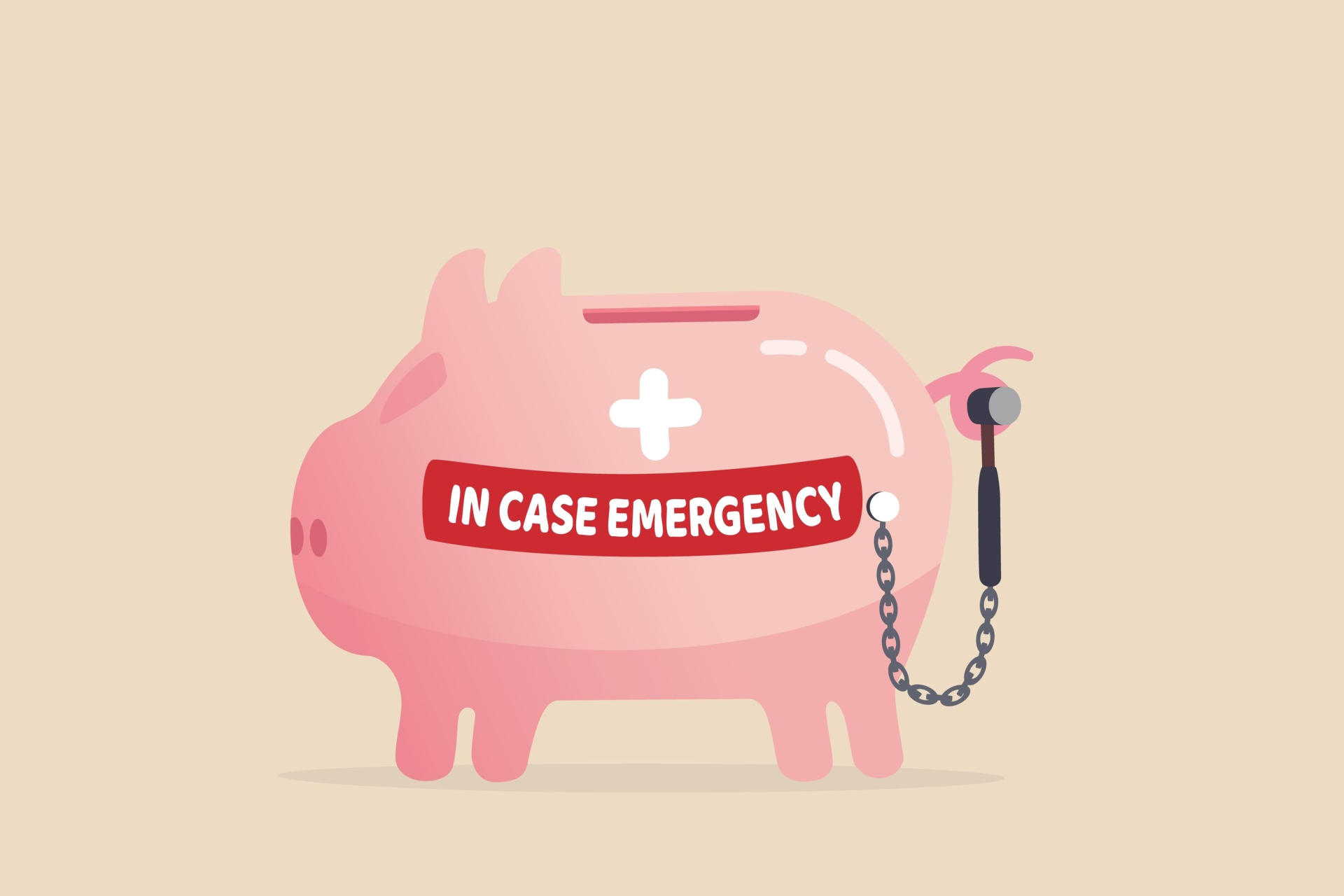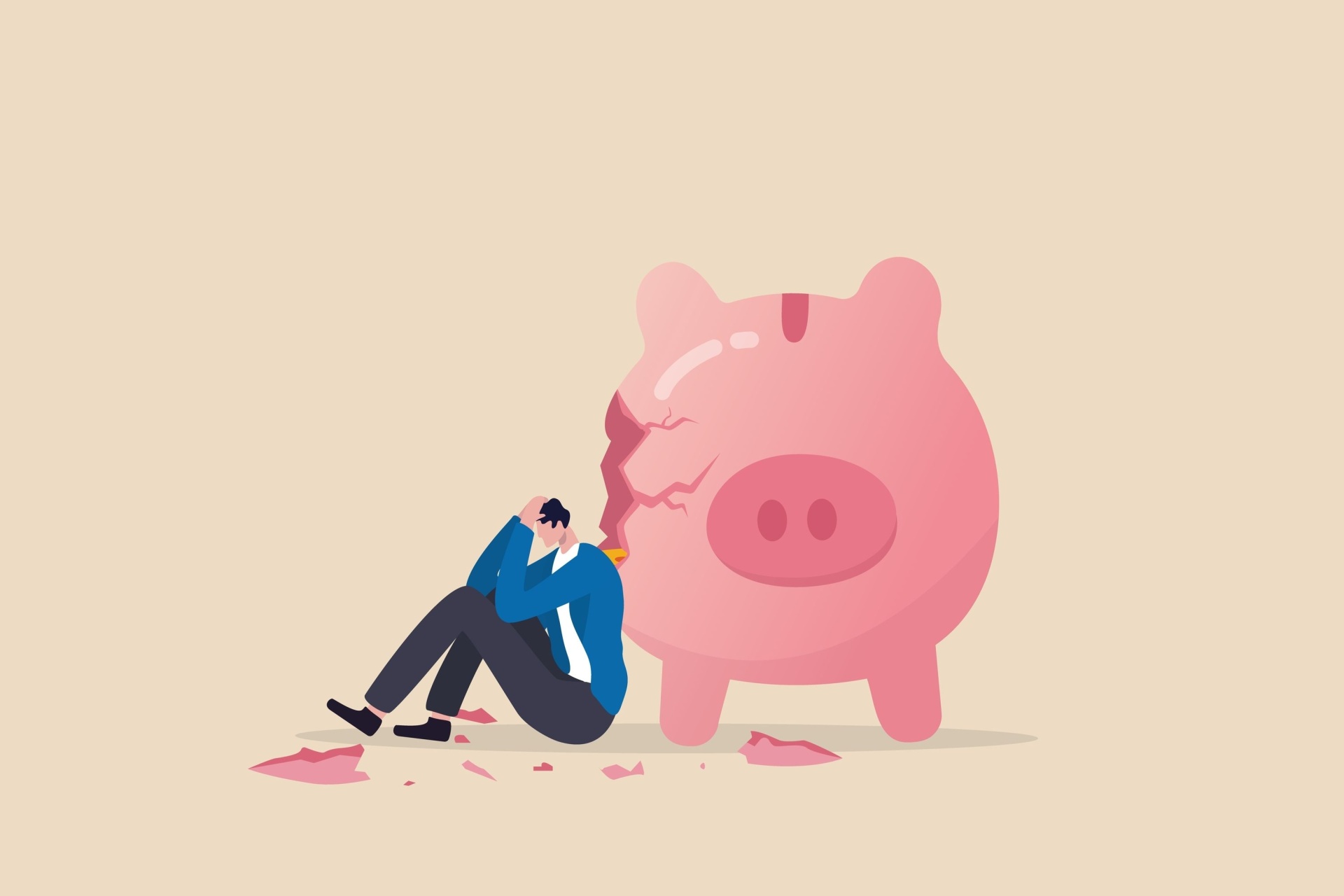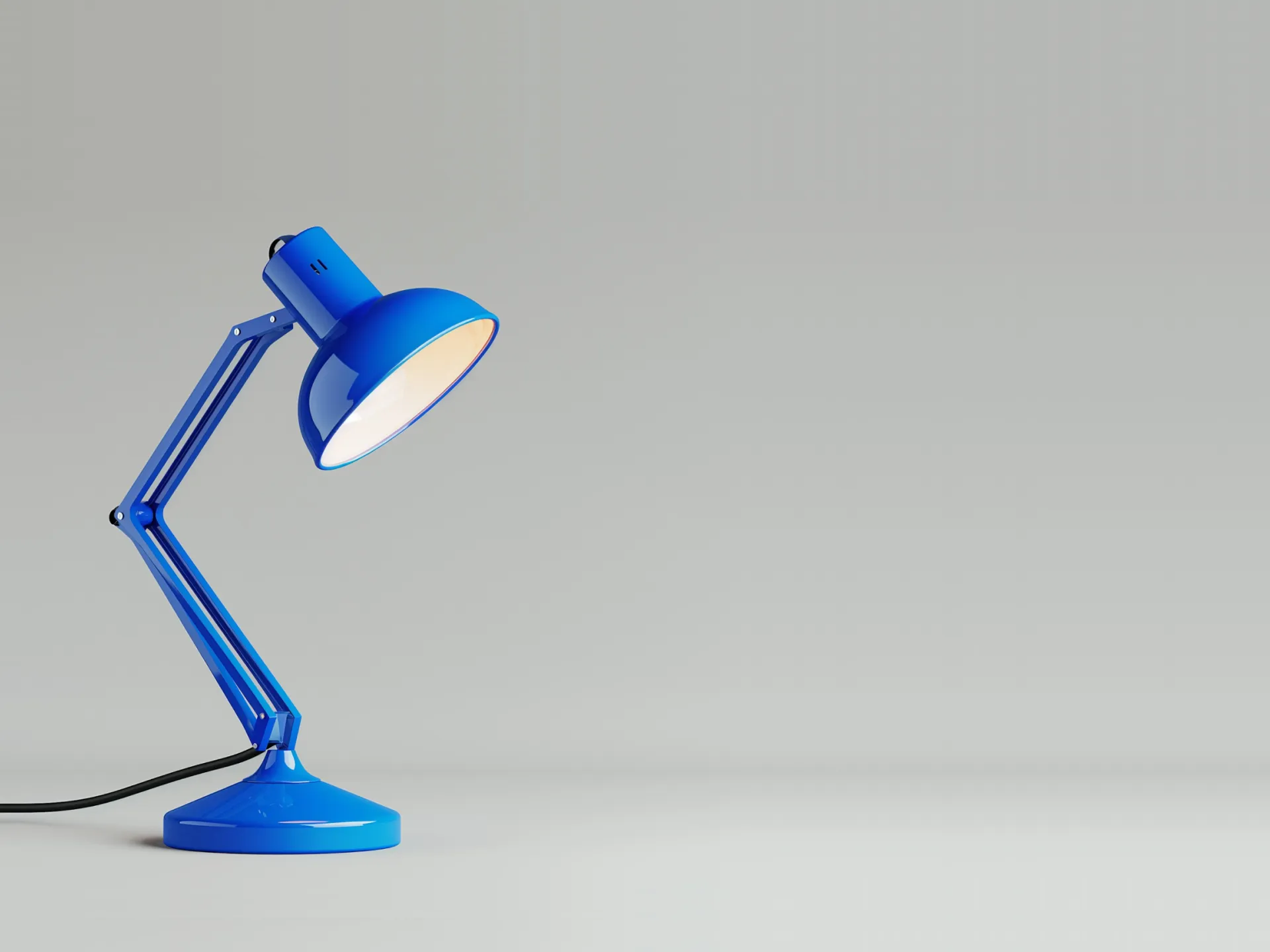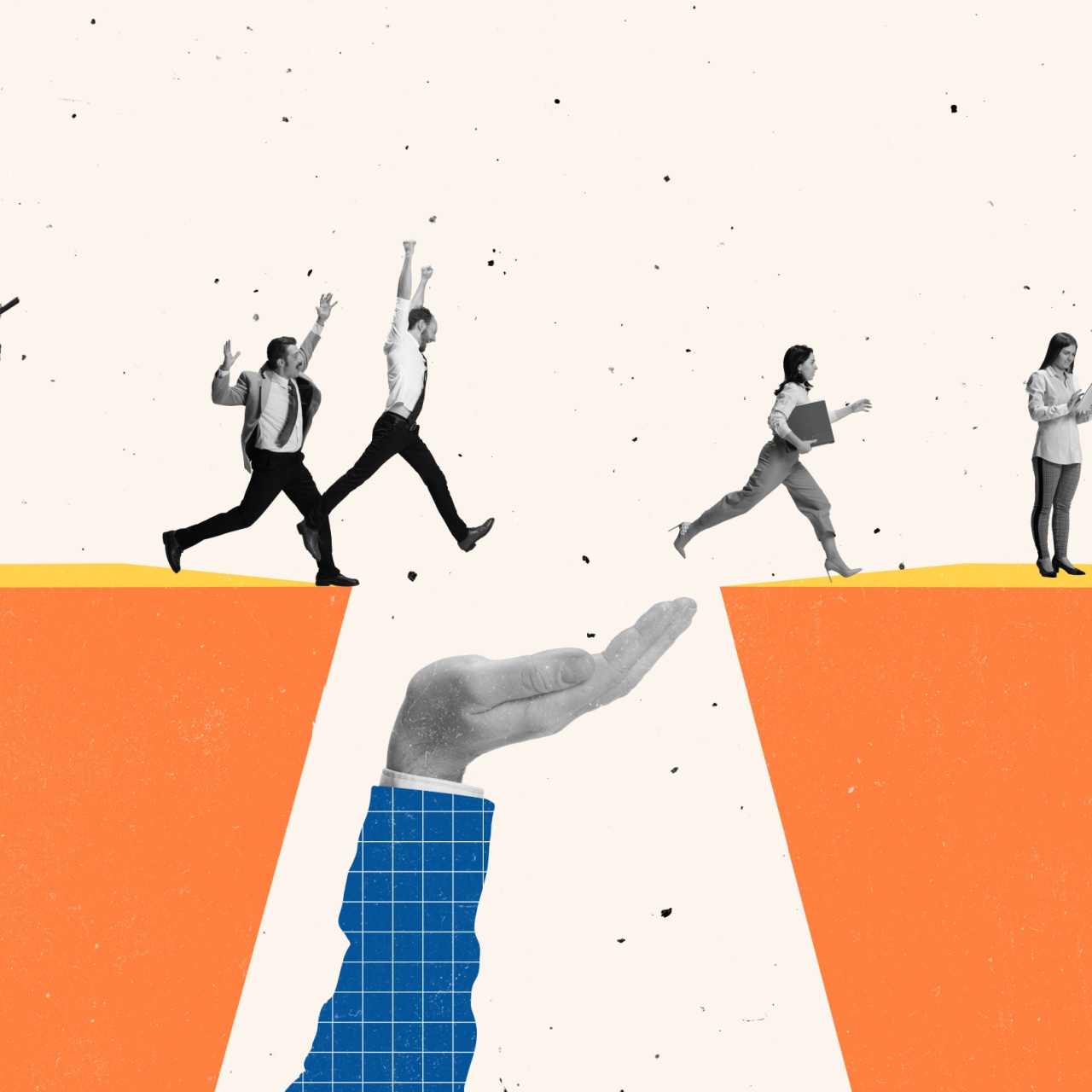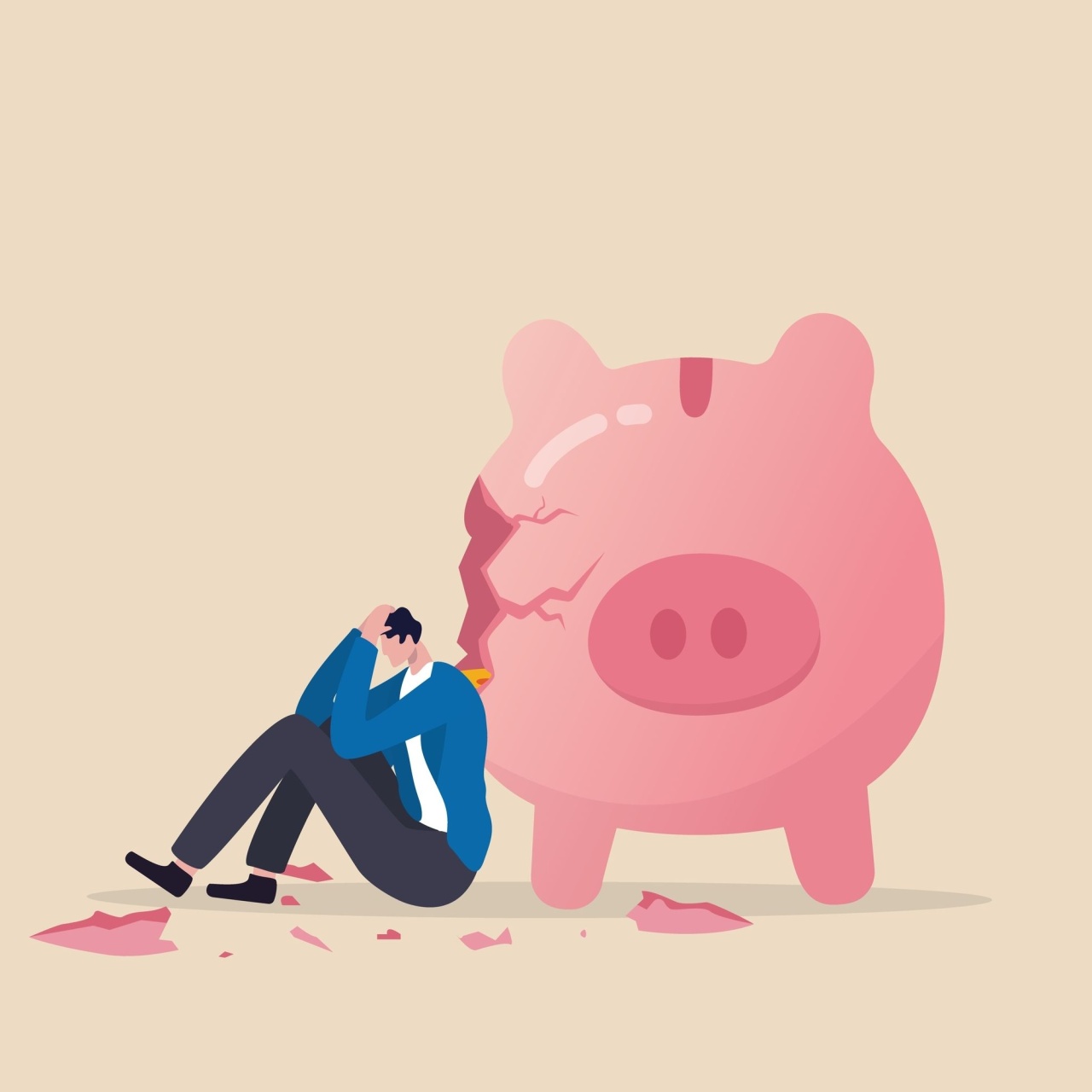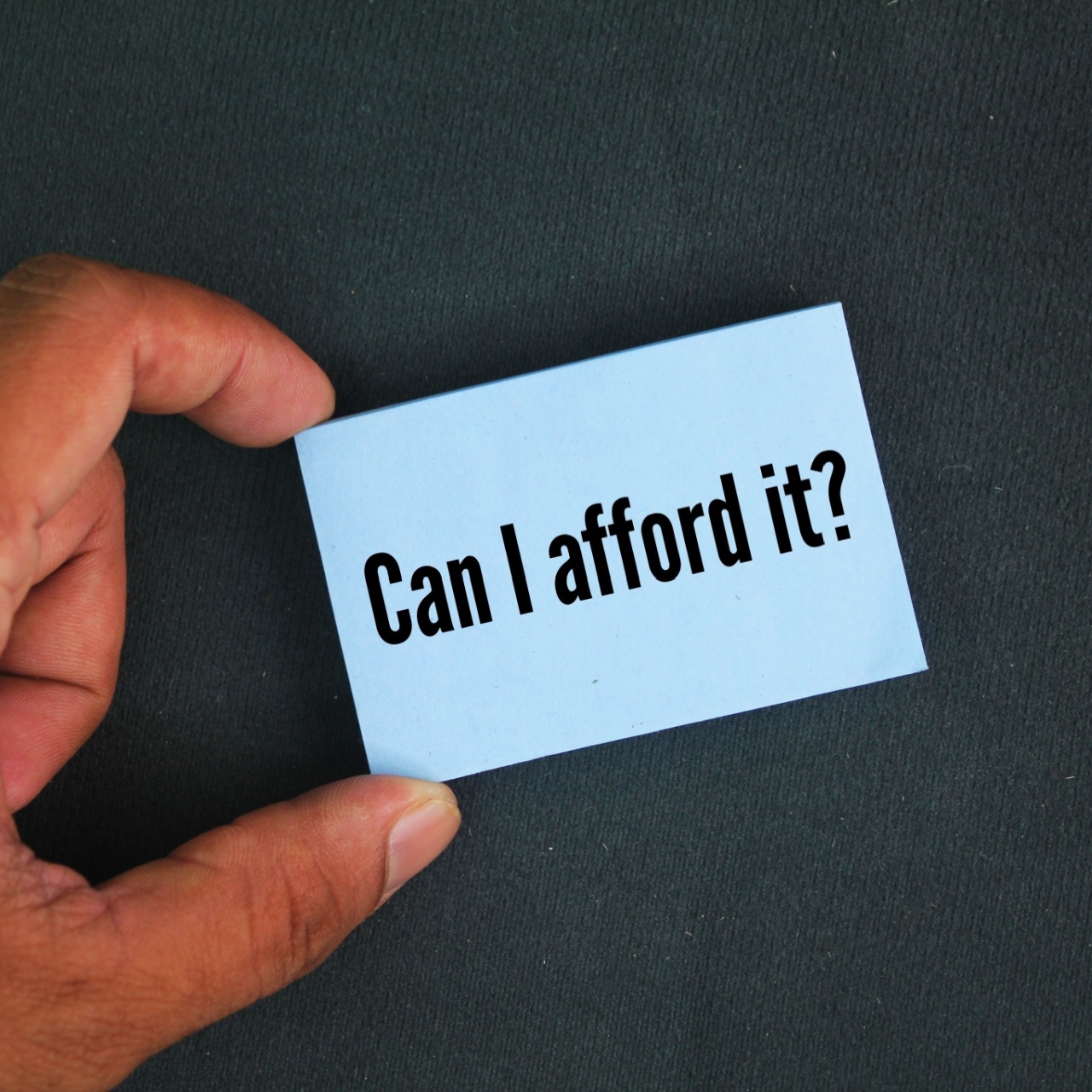Life Happens: Why an Emergency Fund is Your Financial Superhero Cape (And How to Get One)
Alright, let's talk real life for a sec. You're navigating college, maybe landed that first "real" job, or you're just figuring out this whole adulting maze. Things are moving fast, and maybe saving feels like something for "future you." But what happens when "future you" suddenly becomes "right now you" facing an unexpected money crisis?
Your phone screen shatters. Your car decides it needs a very expensive nap (aka breakdown). Your laptop dies the week before finals. Or maybe you get hit with a surprise medical bill or your hours get cut at work.
Panic.
That sinking feeling when a surprise expense pops up is the worst. You start scrambling, maybe eyeing your credit card (and its scary interest rate) or thinking about hitting up friends or family. It's stressful, throws off your budget (if you have one!), and can seriously derail your plans.
But what if you had a secret weapon? A financial safety net ready to catch you? Enter the Emergency Fund.
What Exactly is an Emergency Fund?
Think of it as a stash of cash saved specifically for unexpected, necessary expenses. It's not your travel fund, your down payment savings, or your "treat yourself" money. It's your financial first-aid kit.
What it's FOR:
- Job loss or income reduction
- Unexpected medical or dental bills
- Urgent car repairs
- Emergency home repairs (like a major leak if you rent/own)
- Last-minute emergency travel (like for a family situation)
What it's NOT FOR:
- Concert tickets or festival passes
- The latest iPhone upgrade
- A weekend getaway with friends
- Covering regular, predictable bills (that's what your budget is for!)
- Impulse buys (no matter how good the sale is!)
Why You NEED This (Like, Really Need It, Even Now)
Okay, maybe you're thinking, "I'm young, I don't have major responsibilities," or "I barely have enough money for ramen, let alone savings!" Hear me out. An emergency fund is crucial especially when you're starting out:
- Stress Buster Supreme: Knowing you have cash set aside for emergencies drastically reduces financial anxiety. When life throws that curveball, you can handle it with less panic and more clarity. It's peace of mind in your bank account.
- Debt Destroyer (Preventer, Really): This is HUGE. Without an emergency fund, where does money for surprises often come from? High-interest credit cards or loans. Using savings means you avoid racking up debt that can snowball and trap you for years. Think of the E-fund as your shield against costly debt.
- Gives You FREEDOM: Seriously! Hate your job but can't afford to quit without something lined up? An emergency fund gives you breathing room. Need to break a lease because of a bad situation? It provides options. It stops you from being financially trapped.
- Protects Your Other Goals: You might be saving for a car, a trip, or paying down student loans. An unexpected expense can wipe out that progress if you don't have a separate buffer. An E-fund keeps your other financial goals on track.
"Okay, Fine. But How Much Are We Talking?"
The standard advice you'll hear is saving 3 to 6 months' worth of essential living expenses.
Whoa.
Yeah, that number can sound massive and totally overwhelming when you're just starting. Don't let it paralyze you!
Your first goal? A "Starter" Emergency Fund. Aim for $500 to $1,000. This smaller amount is way more achievable and can still cover a lot of common "uh-oh" moments (like that cracked phone screen or a car battery replacement). Once you hit that mini-goal, then you can work towards the bigger 3-6 month target over time.
(What are essential expenses? Think: Rent/mortgage, utilities, food, transportation, insurance, minimum debt payments – the absolute must-pays to keep your life running).
How to Actually Start Building It (Even if You're Broke-ish)
This isn't about magic; it's about making a plan and being consistent.
- Start Small, Like REALLY Small: Can you save $10 a week? $20 a paycheck? Any amount is better than zero. Just start. The momentum builds.
- Automate It: This is the secret sauce. Set up an automatic transfer from your checking account to a separate savings account every payday. Treat it like a bill you have to pay – pay yourself first!
- Stash Windfalls: Get a tax refund? A birthday check from Grandma? A bonus? Resist the urge to spend it all – put at least a chunk straight into your emergency fund.
- Find Extra Cash: Can you cut one streaming service? Pack lunch a few extra times a week? Sell some old clothes or electronics online? Pick up a few extra hours or a small side gig? Funnel that cash directly into savings.
- Keep It Separate (But Accessible): Open a separate savings account just for your emergency fund. A high-yield savings account (HYSA) is ideal because it earns a bit more interest, but the key is separation so you aren't tempted to dip into it. Make sure you can still access it reasonably quickly if needed (usually 1-3 business days transfer time is fine).
Your Future Self Will Thank You
Building an emergency fund isn't the most glamorous part of finance, but it's one of the most powerful. It's about creating stability, reducing stress, and giving yourself control over your financial life, even when things go sideways.
Don't wait for an emergency to make you wish you had saved. Start building that financial superhero cape today, even if it's just one small thread at a time. You've got this!
.svg)

